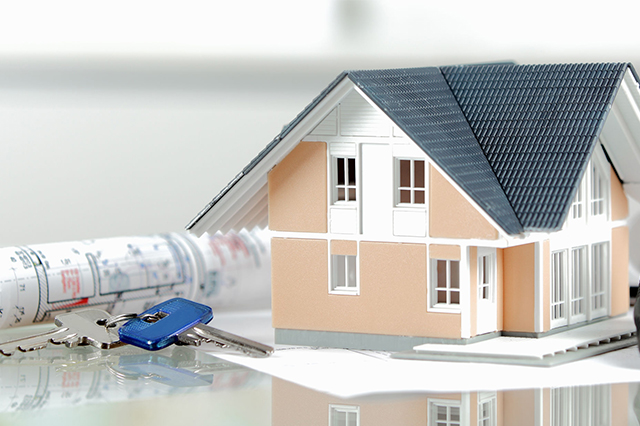
Buying a first home, upgrading or even downsizing can be an exciting but stressful time. Like any major decision in your life preparation is the key. It’s rare that you are making your biggest purchase decision overnight, so I recommend that you come and seek my advice as soon as possible. Understanding your financial position and matching your ambitions and abilities is a critical phase in ensuring you have the right strategy and structure for your dream home. With such an emotional purchase getting the right advice and linking that with the best possible research is the key.
Contact me and I will work through a value based discussion around your future purchase to understand what’s important to you about your first step into the Australian property market.
Strategies for first home buyers
Boost your confidence and your home loan know-how with the following strategies and thoughts:
1. Have a Strategy
Why are you buying this property? What other properties did you consider? What is the longer-term plan for this property, do you want to stay there for 20 years or just a few and then keep it as an investment property?
2. Plan your budget
There is nothing more important when contemplating buying your first home than planning a workable budget and sticking to it, as well as continuing with a revised edition once you have finally purchased. It will be through sticking to a budget that you’ll get a solid picture of the home loan you can afford over the long term.
3. Know your limitations
Whatever you do, do not buy what you can’t afford. It’s easy to convince yourself that you’ll only have to struggle for a couple of years and that everything will be alright once more salary increases eventuate. What if something were to happen in the meantime, or the salary increases or a promotion never came? You may stand to lose everything, and you will not have the benefit of the First Home Owner Grant or any other first home buyer incentives the second time around.
4. Save the biggest deposit that you can put together
Saving a deposit will help you in two ways. First, it will show your potential lender that you can exercise financial discipline over a period of time. Secondly, the bigger the deposit the larger the equity you have in your property right from the start. This means you will pay less interest. One of the best ways to save your deposit may be to take out a high interest savings account.
5. First Home Owner Grant/Stamp Duty
The most appropriate time to apply for the First Home Owner Grant/Stamp Duty is at the same time you apply for your home loan. You can lodge your grant application through most lenders, if they are an authorised agent and able to receive it. If you do this it will be processed faster than if you send it directly to your relevant State or Territory Revenue Office. In most cases the grant will be processed by the time of settlement or, if you are building, by the time the lender pays the first scheduled progress payment. If you miss out, you will still have 12 months from settlement, or from the completion of the building, to apply.
6. Rid yourself of excess debt
Do not make the mistake of applying for your first home loan while you are carrying excessive debt. Do away with any credit cards you don’t really need, finish off your car payments and pay down any personal loans. Make your home loan your top priority.
7. Be a cynical buyer
Do not necessarily believe all you are told. Make sure you carry out thorough building and pest inspections and find out what prices similar houses are selling for in the same locality.
8. Make certain you receive all that you are eligible to receive
The various state and territory governments also offer their own incentives to first home buyers in the way of grants. Most states also give generous concessions off the costs of stamp duty imposts. Make sure you know what is available in the locality you are buying your first home.
What documents will I need?
Identification:
If you are new to a financial institution you will need to provide at least two forms of acceptable identification (current original driver’s license, passport or Medicare Card). Before you complete you loan you may also be asked to supply these at a local bank branch to finalise your 100-point check.
Income:
We will need your last 3 months pay slips with year to date income, with your employer’s name and ABN/ACN or a bank statement with your three months account history if your salary is credited to the bank you are seeking your loan from.
Your Asset & Liability Position:
We will work through a statement of position with you that covers what you own or owe from savings, shares, property, superannuation, credit cards personal loans, trusts and directorships.
Insurances:
Please bring a copy of your current insurance details (home and contents / landlords, life and income protection).
Self-Employed:
If you are a company, Trust or sole trader we will require the last 2 years financial accounts, last 2 years tax returns for both individual and business as well as individual notice of assessments.
Refinancing:
We will require your last six months statements from the financial institution you are refinancing from that shows your names, account numbers and bank details as well as all insurance details on the property. You can also provide your internet transaction statement for the most up to date information.
Buying a Property:
You will need your executed contract of sale, a copy of the deposit receipt and the details of your conveyancer / solicitor.

